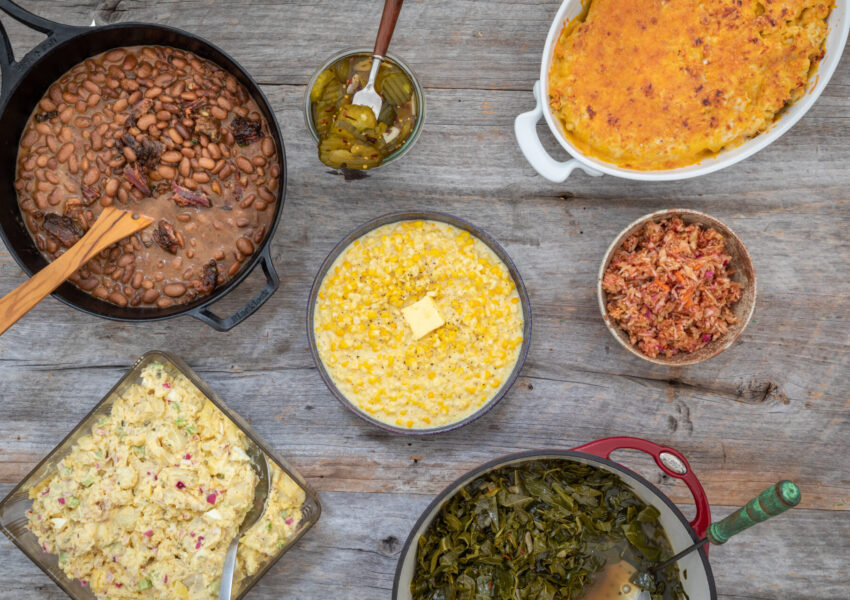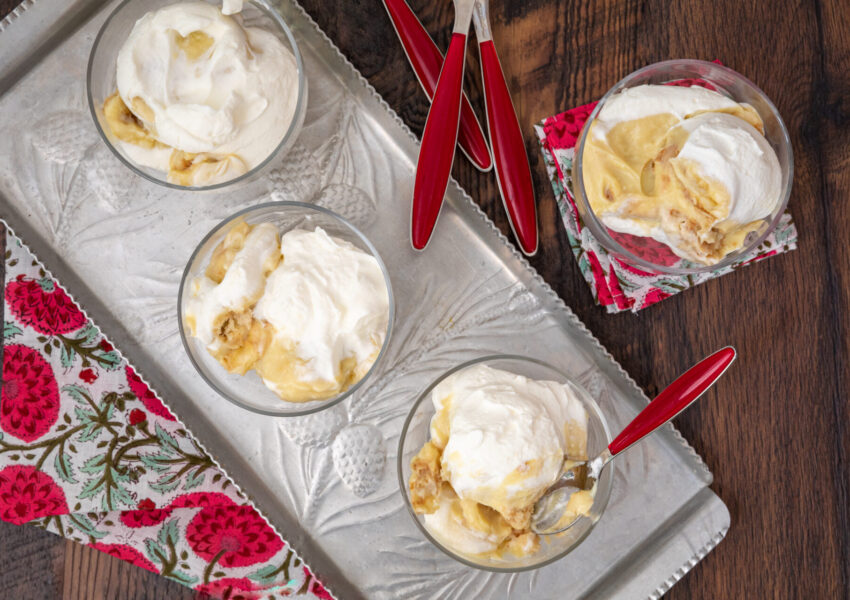The Queer Pleasures of Tammy Wynette's Cooking How the country star’s music conveyed an unexpected sensibility
by Mayukh Sen
Some women are doomed to be misunderstood their whole lives. With Tammy Wynette, the misperceptions persist in death. The First Lady of Country Music drew her last breath two decades ago, but people still interpret her most famous single, 1968’s “Stand by Your Man,” as a song that condones spousal infidelity or abuse.
![]()
“I’m not sitting here, some little woman standing by my man like Tammy Wynette,” Hillary Clinton, then First Lady of Arkansas, said on 60 Minutes in January 1992.
Wynette was indignant when she encountered criticism like Clinton’s. “With all that is in me I resent your caustic remark,” she wrote Clinton in response.
I shudder to think what Wynette’s critics would’ve said of a book like The Tammy Wynette Southern Cookbook, published in 1990. Leafing through it for the first time last summer was like taking a trip to a foreign country that welcomed me without hesitation. Her book rejects the structure one may associate with a serious piece of food writing. I love it.
In her music, Wynette sang of heartache and loss. Her cookbook pulses with jubilation. She tunneled her way out of life’s miseries with cans of cream of chicken soup and jars of mayonnaise she’d use to make chicken divan. “When I was a little girl, cooking was what I did to escape the rigors of picking cotton,” she writes in the introduction. “Today I do it to relax and express my love for others.”
I first heard “Stand by Your Man” in 2009, the summer before my senior year of high school, when I watched Karen Black pine for Jack Nicholson in the 1970 film Five Easy Pieces. Though the song only played in the background, the melancholy in Black’s eyes came through Wynette’s shattered voice, tattooed with bruises I was too young recognize.
My identification with Wynette may strike some as odd, for we were demographic opposites: Wynette was born to a family of farmers in Itawamba County, Mississippi, in 1942. I was born in 1992 to Bengali immigrants in New Jersey, my skin browner than Wynette’s could ever be, even if it baked under the Nashville sun. She was prolifically heterosexual, having wed five different men in her life. I could not imagine ever being in a heterosexual marriage.
Months after first hearing the song, I saw a video of Wynette, dressed in flamingo-pink sequins, poodle hair fastened to her scalp like a motorcycle helmet, singing the song on a movie-set porch. Her face was sober and impassive, barely registering the pain that surely ran deep.

Eventually, I learned Wynette’s tragedies. Her father died of a brain tumor when she was nine months old, after which Wynette’s mother left her in the care of her parents and decamped for Florida. Wynette’s maternal grandparents raised her alongside her aunt, five years her senior, in a house without running water or toilets. That taxing childhood gave way to an equally tortured adulthood, marred by alleged domestic abuse, a painkiller addiction, and countless surgeries to correct health problems. Her triumphs were rooted in struggle. She died of a blood clot in her lungs while sleeping on her couch in April 1998, at age fifty-five.
My tragedies have fallen along a spectrum; some were minor heartbreaks from boyfriends, others as seismic as a parent’s death. When I listened to Wynette, I could hear parts of myself, past and future, as if she understood where I was and where I’d be going.
I don’t know what it is about many queer men and their attraction to divas—their heartbreaks and their elation. It may be that female icons can express aspects of femininity we coach ourselves to willfully suppress. When it came to her music, Wynette’s ability to clearly articulate her misery felt aspirational to me as I was slowly admitting my own attraction to men. I knew, even then, that expressing my queerness would lead to its own kind of pain. Wynette’s whiteness, in theory, could have distanced me from her, but her anguish brought me closer. So did her projection of femininity—and, by extension, joy. She seemed to highlight the parts of myself I’d worked to silence, rooted in my anxiety over my gayness and how I expressed it.

The Tammy Wynette Southern Cookbook gave me a window into what her elation must have looked like. It is an anecdotally sparse book, the drama of her life all but absent. To listen to her music while cooking her recipes is to inhabit parallel universes.
Her Better-Than-Sex cake asks you to bake a yellow cake mix and then slather it with frosting made from crushed pineapple and sugar, a layer of instant vanilla pudding, and a large tub of Cool Whip. The indulgence doesn’t stop there. You sprinkle it with nuts and coconut and garnish it with maraschino cherries. I can do that, I thought. Barbecued chicken with brown sugar mixed with ketchup, doused in a cup of Coke, and baked for an hour at three hundred degrees? Sure, no problem. Her recipes were guided by a philosophy I understood: Cook well with what little you have.
I have taken a spoon and mixed a can of cream of chicken soup with Cheez-Whiz and poured that solution of iridescent slime over a layer of broccoli and rice laid out in a casserole dish. I have walked three blocks to Foodtown and bought the cheapest medium-sized tub of cottage cheese I could find, a box of Kraft orange Jell-O powder, and a bucket of Cool Whip; mixed them in a large bowl with a desiccated wooden spoon until my arms throbbed; and covered it with Saran Wrap. I have peered at my dump salad with vague horror the next morning in the fridge once it finally set, a blobfish the color of apricots, but lifted my spoon and dug in. If I had my way, every restaurant in Brooklyn would serve a dump salad instead of a gelato to help wash down a gut-shattering meal.
Wynette’s recipes read as thrillingly disobedient to me because they reject the formalities of taste. This makes it easy for Wynette to be misunderstood in a gastronomic landscape of pomp and snobbery, just as she was in other realms. I was thrilled to see her on the Epicurious list of their 100 Best Home Cooks in 2017. The recognition was a validation of the way I cooked. Wynette elevated the embrace of scraps to dizzying, aspirational heights.
Something about my identification with her kitchen philosophy felt explicitly queer, too. Wynette’s cooking is born of flamboyance, with flashes of camp. I’m reminded of what Ernest Matthew Mickler, a gay man, writes in the introduction to his White Trash Cooking, the 1986 opus that bulges with Jell-O in Rainbow Icebox Cakes and Cool Whip in Yo-Yo Puddin: that Southerners “laugh at our worst tragedies, and with a gourmet’s delight enjoy our simplest meals.”
I have often struggled to understand what a queer sensibility looks like for me when I cook, because extravagance can feel so far removed from struggle. In Wynette’s oeuvre, I see a queer sensibility. She was a diva who knew how to cook through life’s inevitable pain. Cooking was a way of embracing pleasures your life otherwise denies you, like broccoli soufflé sprinkled with Ritz cracker crumbs.
Mayukh Sen is a food and culture writer based in New York.




